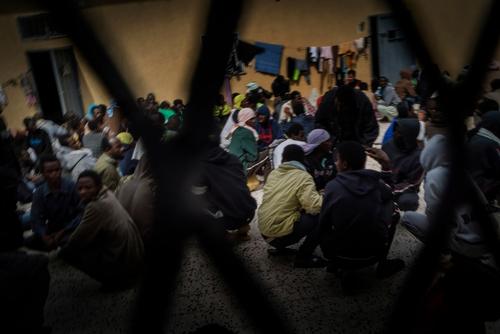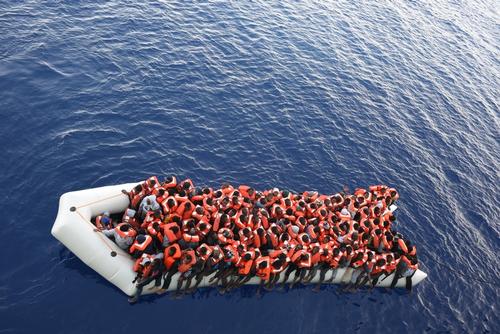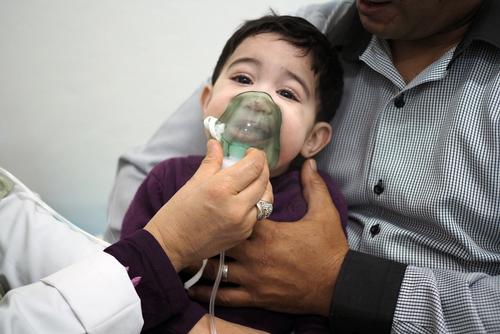Since Médecins Sans Frontières/Doctors Without Borders (MSF) launched search and rescue operations in the central Mediterranean Sea last year, its teams have rescued more than 25,000 people from boats in distress. Regardless of their country of origin or their reasons for trying to reach European shores, almost everyone rescued from this stretch of water passed through Libya.
Hundreds of interviews with people rescued at sea by MSF during 2015 and 2016 have exposed the alarming level of violence and exploitation to which refugees, asylum seekers and migrants are subjected in Libya. Many of those we have rescued report having directly experienced violence in the country, while almost all report witnessing extreme violence against refugees and migrants, including beatings, sexual violence and murder.
Libya remains fragmented by conflicts and the effects of the civil war. While government departments are trying hard to restore some sense of normality and increase public services, daily life for many Libyans is still a struggle, and the country does not have the capacity to support tens of thousands of foreigners, migrants and refugees. While fighting between rival armed groups continues, the situation for migrants, asylum seekers and refugees remains as precarious and dangerous as ever.
According to the people interviewed by our teams, men, women and, increasingly, unaccompanied children (some as young as 10 years old) transiting Libya are suffering abuse at the hands of smugglers, armed groups and private individuals who are exploiting the desperation of those fleeing conflict, persecution or poverty. The abuses reported include being subjected to violence (including sexual violence), arbitrary detention in inhumane conditions, torture and other forms of ill-treatment, financial exploitation and forced labour.






